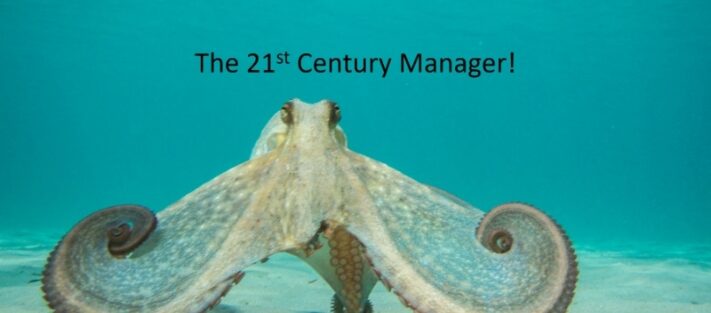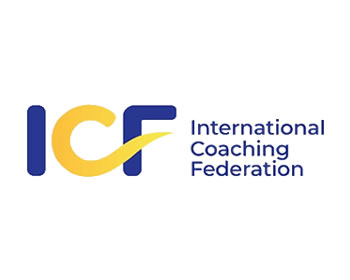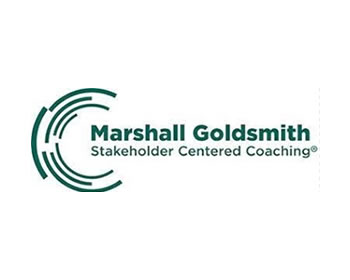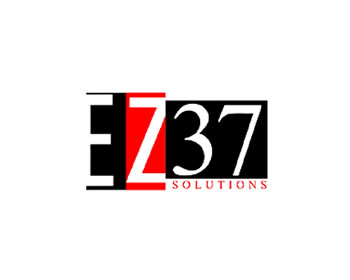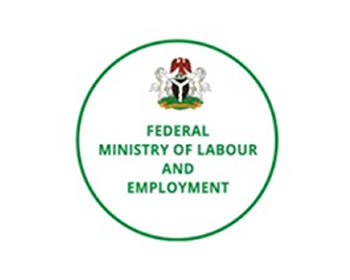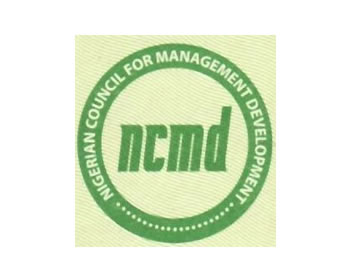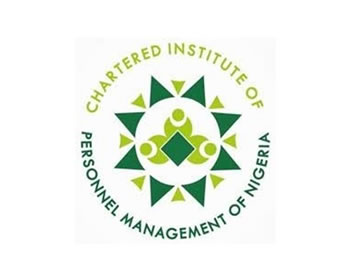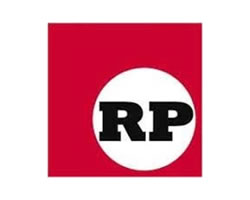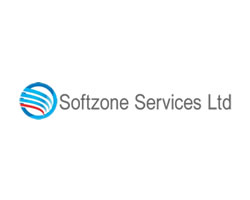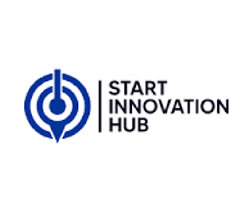As a young man growing up, I was often regaled with so many proverbs, adages, and sayings of the wise. One of the more memorable ones that has stayed with me is quite appropriate for our times and for this piece. It is the saying, “every dark cloud has a silver lining.” The “dark cloud” of the COVID-19 pandemic may have dealt an adverse blow on so many aspects of our lives, but the “silver lining” is that it has opened new realms of possibilities. Indeed, so much good news has emerged out of it.
We saw vaccines developed, manufactured, and administered in record time – about a year; we saw several technology products and solutions developed and deployed within few months; we saw the acquisition of several new skills by folks in the workforce. Like many others, I have also learned several new skills within a short time, which would not have been the case if not for COVID-19. These events show us the enormity of human capacity, especially when challenged. Truly, necessity is the mother of invention!
While it is true that the world of work had hitherto continued to change significantly due to disruptors like culture, technology, and globalization, however, the COVID-19 pandemic has accelerated the rate of that change to an ultra-level that has made certain things that we would have taken time to plan, develop, and implement to now become things that have to happen on the fly. Now more than ever before, for organizations to survive, they must stay dynamically adaptable to the changing environment, and the terms “nimble” and “agile” have become more relevant in organizational parlance. This velocity of change (that I foresee will continue) has unsettled every “comfort zone” and “long-term planning.”
With this rapidly changing world of work and the new realm of possibilities, old norms, practices, and skills are being challenged. Managers will have to unlearn certain things in Alvin Toffler’s words and relearn new ones, including how to thrive in what I call the “turbulent zones” since “comfort zones” are being unsettled. To succeed, managers must possess the skills to deliver on today’s expectations and build future-fit skills to thrive in the fast-changing world of work.
Managers must therefore continue to pay attention to and build the right skills in these five key dimensions to manage effectively and help their organizations succeed:
- Distributed Workforce
- Diversity & Inclusion
- Multiple Employment Contracts
- Technology Proliferation
- Multigenerational Workforce
MANAGING A DISTRIBUTED WORKFORCE
In the past decade, the number of employees working remotely has increased significantly due to changing culture, technology, and globalization. Many Managers have already been involved in managing distributed teams to some extent. So, while this is not totally new, the COVID-19 pandemic has further accelerated the concept, shaping the future world of work with the hybrid working model emerging as the norm. The implication being that we will see significant growth in distributed teams. This changes the concept of teams, presenting different notions of team dynamics and a new set of challenges for Managers to contend with and will require Managers to build the right capabilities and leverage technology to manage employees distributed across various locations and geographies effectively.
Managers have to be able to effectively communicate with both remote and co-located team members in real-time to ensure proper information flow; they have to build trust and foster collaboration amongst team members ensuring there is no perceived or actual discrimination based on team members location and that an inclusive culture is engendered, equity is guaranteed, productivity is sustained, and corporate culture is preserved. Managers need to adopt tools and measures to keep distributed team members engaged with checkpoints to ascertain state of mental health and ensure team members’ wellbeing.
Managing distributed teams also involves managing diversity, including cultural diversity, where team members are located across different cultures. Managers have to be well skilled at managing diversity and promoting an inclusive work culture for co-located and remote team members. Effective communication, resilience, adaptability, flexibility, optimism, global mindset, and technology fluency are vital attributes that are critical for Managers to possess in managing distributed teams successfully.
DIVERSITY AND INCLUSION (D&I)
Managing diversity and promoting an inclusive culture at work will continue to remain central to Managers’ success as the realm of diversity continues to expand.
In the early years of my career, we had a D&I program championed by the Company’s Head Quarter (HQ). At that time, we saw D&I as a fancy HQ initiative as it was neither a performance dimension nor required leadership competency for Managers. It was solely the responsibility of a chartered team that I was excited to be a member of. The categories of diversity that we focused on were limited to gender (strictly male and female), race, ethnicity, age, and religion (two religions). The situation has long changed as I have managed more categories of diversity in teams working across different organizations.
Today, the scope of diversity has continued to expand with the boundaries now so fluid covering every trace of differences in human existence, including but not limited to categories such as sexual orientation, thinking styles, decision-making styles, work preferences, disability, status, work location, expanded scope of religion, etc. Just last month, the Fairfax County School Board in the United States approved a calendar for the 2021-2022 school year that is designed to recognize, respect, and honor the plurality of religious and cultural observances in the Fairfax County, and this recognizes a diverse range of 15 religious and cultural observances. Fifteen (15), this is huge compared to the few recognized before now and it poses a D&I responsibility on Managers.
D&I should be a significant consideration by Managers in every decision-making that affects people in the workplace.
Moreover, with the ever-changing workforce demographics, driven mainly by technology and globalization, the workforce will continue to grow in diversity, and every employee in a team has to feel valued with a sense of psychological safety to contribute to their full potential irrespective of their differences. Managers’ ability to manage a diverse workforce and promote an inclusive work culture has become critical and will continue to be a significant performance dimension and required leadership competency.
Managers have to be sensitive to all traces of differences in people, build trust, and manage the differences to ensure that every team member’s potential is unlocked and the benefits in those differences are harnessed to the fullest.
A few weeks ago, while working with a male client, we went into some chitchat on how we have stayed safe and fit during the lockdown after initially discussing work. In sharing his experience, he talked about his children, and I immediately asked, “how is your wife?” assuming that he is married. How wrong I was! He is a single parent. We sometimes exhibit these unconscious biases, which can create disaffection with team members as these may be perceived as discriminatory – in this case, perceived subtle discrimination against single male parents. What is my point? To effectively manage diversity, Managers need to be sensitive to every trace of differences that may exist, broaden their knowledge of their team’s demographics, guard against unconscious biases and do away with the stereotypical traditional assumptions of what is or should be to avoid insulting the sensibilities of team members.
Effective communication, empathy, resilience, care, flexibility, conflict management, and a global mindset with sensitivity to different cultures with the ability to code-switch, amongst others, are attributes that Managers will need to possess to stay on top of their game in managing a diverse workforce and promoting an inclusive work culture to create a work environment for everyone to thrive.
MANAGING EMPLOYEES UNDER MULTIPLE EMPLOYMENT CONTRACTS
While this is not new, it is becoming more prevalent with increasing complexities as different employment relationships have been on the rise. With employees wanting more autonomy and control of their time and work and employers exploring ways to enhance efficiency and increase flexibility to scale, we should expect to continue to see more varied forms of employment relationships as employment contracts may increasingly become more tailored and individualized. It is widespread knowledge that we now have a rise in freelance workers, individual consultants, and agency workers, with employment terms more personalized.
In my many years of experience in the workplace, managing a team with employees under diverse employment relationships is one area that I have seen Managers struggle. The struggle, I must say, is genuine because in managing employees under different contract types, apart from understanding and complying with the diverse contract terms, Managers also have to contend with: ensuring they don’t exhibit discriminatory tendencies, maintaining their employer’s (parent Company) culture and policy, which at times may appear to be at variance with the contract terms, ensuring legal boundaries of contractual provisions, complying with varying labor relations and benefits expectations, managing diversity and inclusion and of course managing communications to the various categories of employees to ensure there is no communication mismatch – what to communicate to all vs. what to communicate to some. And what to share individually as specific contracts may have confidentiality provisions to be mindful of. All these dynamics play out within one team. It poses significant challenges for Managers with persistent conflicts on several fronts, including policies and guidelines application, that I still see them resort to HR for intervention.
This complexity will not abate but will instead get more prevalent with evolving technology and the changing world of work coupled with more employees seeking autonomy and independence. Thanks to COVID-19 for being the accelerator!
The bottom line here is that Managers will need to develop added capabilities to handle this new challenge if they must succeed in managing people in the evolving world of work. They have to develop the full capabilities to manage employees under diverse employment relationship terms to ensure compliance with the terms of the respective contracts, ensure fairness, equity and sustain a productive work environment.
Managers must therefore learn these skills and attributes that will remain pivotal to success: effective communication, technology fluency, flexibility, adaptability, credibility, assertiveness, ability to learn, conflict management, ability to motivate, diversity and inclusion, resilience, and stakeholder engagement.
COPING WITH FAST PACE EMERGING TECHNOLOGIES
Technology has been a significant disruptor and will continue to be in the years to come. I can’t remember how many technology products/solutions I have had to work with in my career. I cannot remember how many change programs I have led or been a part of in launching and implementing organization-wide or HR-specific technology platforms. While these happened at a pace we could plan and prepare for; the COVID-19 experience came with a wildly rapid and successful proliferation of technology products to aid remote work, improve efficiency, and promote collaboration. It birthed a different type of fast-paced trajectory for the development, implementation, and adoption of technology.
Therefore, Managers need to keep pace with the emergence of these technology tools and how they impact work and consistently build the required capabilities to manage their people, drive collaboration, and enhance employee experience and business outcomes. They have to seek opportunities to learn, improve their technology fluency, adopt these technologies in driving employee productivity, and then let go of legacy practices and work approaches/behaviors that are no longer relevant.
Furthermore, Artificial Intelligence (AI) which will drive organizational changes and significantly impact the future of work is on the rise. With AI, data will not only become king but will become the common language that drives decision making which will ultimately impact how businesses are run and how we manage people. Managers will have to adapt and build the analytical and data skills required to function if they must stay relevant.
MANAGING MULTIGENERATIONAL WORKFORCE
Today’s workplace comprises employees across multiple generations – Baby boomers, Gen X, Millennials, and Gen Z. With hybrid working taking center stage and the flexibility it offers, we are likely to see the older generation staying longer in employment. While this is a shade of diversity that Managers have to deal with, it is essential to treat it distinctively as these generations each have their different values, preferences, expectations, decision making styles, and approaches to work, which Managers need to take cognizance of and be sensitive to in order to be able to get the best out of them. These different generations each have a uniqueness; they have disparate levels of receptiveness to initiatives in the emerging world of work, and their technology fluency and digital connectivity levels vary. Managers must consider planning work, benefits, workplace structure, and how communication is tailored to suit these various categories. This is necessary to promote an inclusive and productive work environment with this generational mix.
CONCLUSION
The world of work will continue to evolve at a fast pace driven by technology; work teams will become more distributed; the workforce will become more diverse; diverse employment relationships will become prevalent, and Managers will have to build the right capabilities to manage people effectively in this emerging world. More than ever, Managers have to take responsibility for their Continuous Professional Development to keep pace and stay informed of trends. They need to let go (unlearn) skills that are no longer relevant or diminishing in importance, identify and relearn skills that are evolving due to these changes and then recognize and learn new and emerging skills to manage in the new and emerging world of work.
It’s an ever-fast changing world where there is no more “comfort zone” to hide. Learning to be comfortable in the “turbulent zone” as it continues to emerge and taking note of the above five dimensions is necessary for managers to survive. Mastering these five dimensions will make Managers thrive and flourish in the post-pandemic world.

